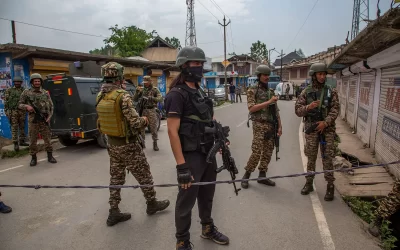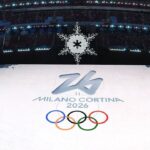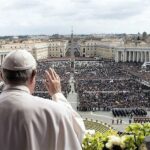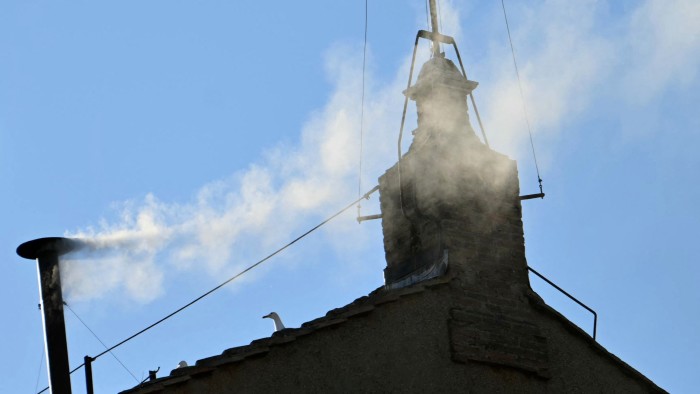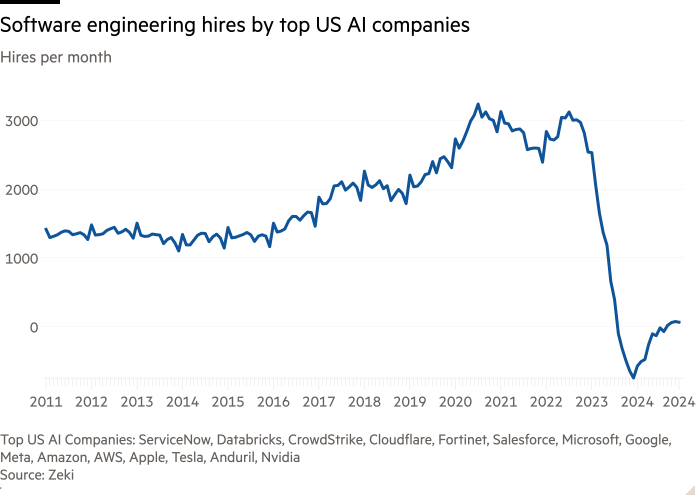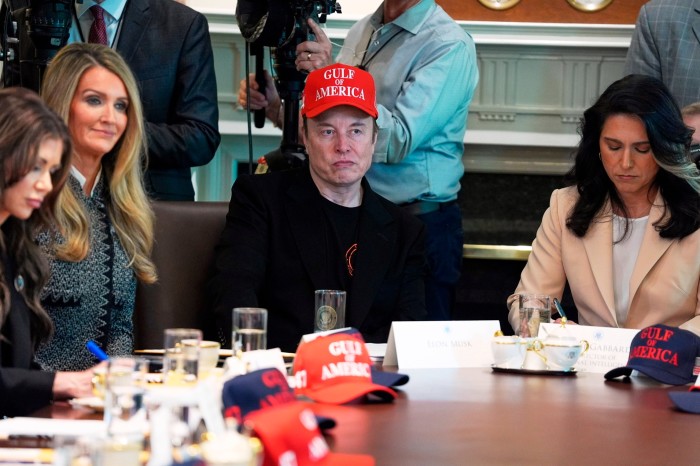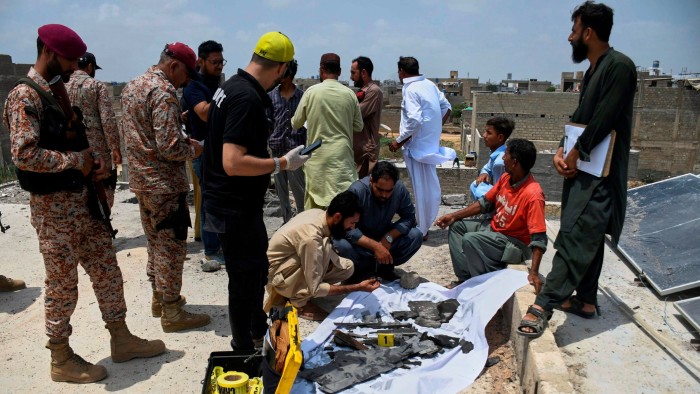EU capitals want retaliation against Trump delayed to avoid Nato clash
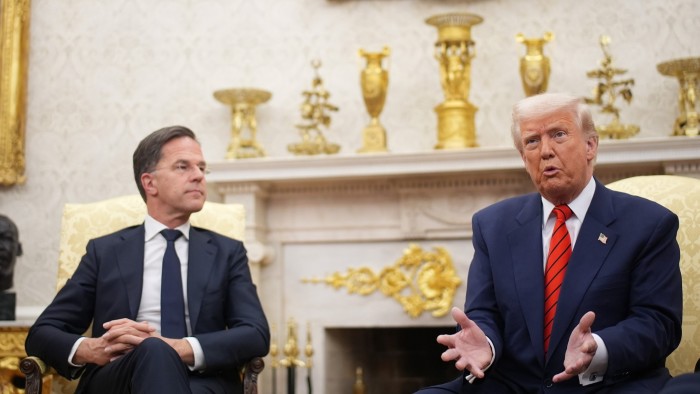
Unlock the White House Watch newsletter for free
Your guide to what Trump’s second term means for Washington, business and the world
EU capitals are urging Brussels to hold fire on any potential retaliation against Donald Trump’s tariffs until the Nato summit in June, arguing that a deal with the US president on Europe’s medium-term security must be the priority.
Diplomats and officials told the Financial Times that the governments were calling for a pause on any major decisions related to the US, including significant defence investments, until the outcome of the Nato gathering next month in The Hague is clear.
Nato officials are also being urged to scale back the military alliance’s summit as much as possible to minimise the potential for clashes with Trump, amid deep uncertainty over what he could do at the event.
Trump has demanded European allies commit to spending 5 per cent of GDP on defence and adopt a plan to “equalise” the responsibility for defending the continent, which has relied on America for decades.
Alongside intense talks among key European leaders and Nato secretary-general Mark Rutte about how to placate Trump at the June 24-25 gathering, capitals are also urging the European Commission to avoid antagonising the White House in the run-up.
Officials said that included avoiding inflammatory public discussions on trade retaliations in response to Trump’s tariffs, delaying defence procurement decisions that involved a direct choice between European and US options, and avoiding criticism of the US’s approach to Ukraine and its rhetoric regarding annexing Greenland.
Trump has imposed 25 per cent tariffs on European steel, aluminium and cars, as well as a blanket 10 per cent rate on EU imports. He has paused, until early July, a doubling of that flat tariff to 20 per cent, pending negotiations with the bloc. Officials have said that if negotiations on a “balanced” agreement fall apart, the EU must retaliate with its own trade measures.
“There is a great deal of nervousness ahead of The Hague, and the general thinking is to do whatever we can to get [Trump] there, tell him what he wants to hear, and get him out again without any disaster,” said one senior EU official involved in the discussions.
“We need to come up with a credible plan for an orderly shift [from the US to Europe] in responsibility,” said one senior Nato official. “That’s the one single, key priority . . . above everything else.”
While the EU and Nato are distinct, 23 countries are members of both Brussels-based organisations and Rutte has a close working relationship with commission president Ursula von der Leyen.
US officials have told their Nato allies that while Trump plans to attend the summit, he could decide to cancel if there is not a pre-arranged agreement among Nato’s other 31 members to spend more and take on more responsibility to defend Europe.
Nato is drawing up a detailed study of its members’ current capabilities to inform the complex discussions on Europe’s existing reliance on the US, how to reduce that and how quickly, and in which areas the US can scale back its presence without endangering the continent’s security.
European officials privately estimate that with average defence spending approaching 4 per cent, and an agreed plan with the US to draw down in certain critical areas as European militaries scale up, a five-to-10-year timeline is feasible.
The Hague summit was initially expected to be a high-profile affair for Rutte, given it will be his first as secretary-general and held in his hometown.
But it has already been reduced to two days, and he is under some pressure from allied capitals to cut back the number of discussions between the leaders to the bare minimum to lower the risk of any conflagration with Trump.
Many European leaders fear a possible repeat of the 2018 Nato summit, when Trump hijacked the second day of talks during his first term as president and threatened to withdraw from the alliance. That sparked a chaotic scramble to appease him with promises of increased defence spending, which involved Rutte as the Dutch premier.
“Money, money, money,” said one European diplomat involved in the preparations. “He doesn’t want to talk about anything else, and [additional topics] can wait.”
That could see featured policy areas from previous annual summits — including Ukraine’s bid for membership, relations with Asian partner countries and issues related to climate change — drastically reduced in importance, officials said.
“Europe should prepare for the US washing its hands of Europe,” Poland’s foreign minister Radek Sikorski said on Wednesday. “It’s a doable task. There is a path towards it . . . but we can’t pretend that we are not hearing what the Americans are telling us.”

